Introduction
As energy costs continue to rise, homeowners are becoming more conscious of their energy consumption. One way to reduce energy usage is through the use of smart home technology. Smart home technology allows homeowners to automate their homes, making them more efficient and cost-effective. One such technology is intelligent window treatments, which can help reduce energy usage in the home.
The Benefits of Intelligent Window Treatments
Intelligent window treatments, such as smart blinds and shades, are designed to be energy-efficient. They use advanced technologies to regulate the amount of light and heat that enters the home, reducing the need for heating and cooling systems. By regulating the amount of light and heat that enters the home, intelligent window treatments can significantly reduce energy usage.
Intelligent window treatments can also help to reduce the amount of energy used for lighting. By allowing natural light to enter the home, homeowners can reduce their dependence on artificial lighting, which can account for up to 25% of a home's energy usage.
How Intelligent Window Treatments Work
Intelligent window treatments use a variety of technologies to regulate the amount of light and heat that enters the home. Some of the most popular technologies used in smart blinds and shades include:
-
Light sensors: Light sensors can be used to detect the amount of light in a room and adjust the blinds or shades accordingly. For example, if the sun is shining brightly, the blinds or shades may close slightly to reduce the amount of light that enters the room.
-
Heat sensors: Heat sensors can be used to detect the temperature in a room and adjust the blinds or shades accordingly. For example, if the room is getting too warm, the blinds or shades may close slightly to reduce the amount of heat that enters the room.
-
Timers: Timers can be used to automate the opening and closing of blinds or shades. For example, if a homeowner wants to wake up to natural light, they can set their blinds or shades to open at a certain time in the morning.
-
Voice control: Voice control allows homeowners to control their window treatments using voice commands. For example, a homeowner could say "Alexa, close the blinds" and their window treatments would automatically close.
The Future of Intelligent Window Treatments
As technology continues to advance, intelligent window treatments will become even more efficient and cost-effective. For example, new technologies are being developed that allow window treatments to generate their own energy. This could include solar panels that are built into the blinds or shades, allowing them to generate their own electricity and reduce energy costs even further.
Another area of development is the integration of intelligent window treatments with other smart home technologies, such as heating and cooling systems. By integrating these technologies, homeowners can create a fully automated home that is not only energy-efficient, but also comfortable and convenient.
Conclusion
Intelligent window treatments are a great way to reduce energy usage in the home. By regulating the amount of light and heat that enters the home, these technologies can significantly reduce energy costs. With the continued development of smart home technologies, intelligent window treatments will become even more efficient and cost-effective, making them an essential part of any energy-efficient home.
“
After reading this article, if you found it helpful, share it with someone you care about.
Let's spread the sunshine and make the world a better place together. ”
Start your sunshine life with CurBot!






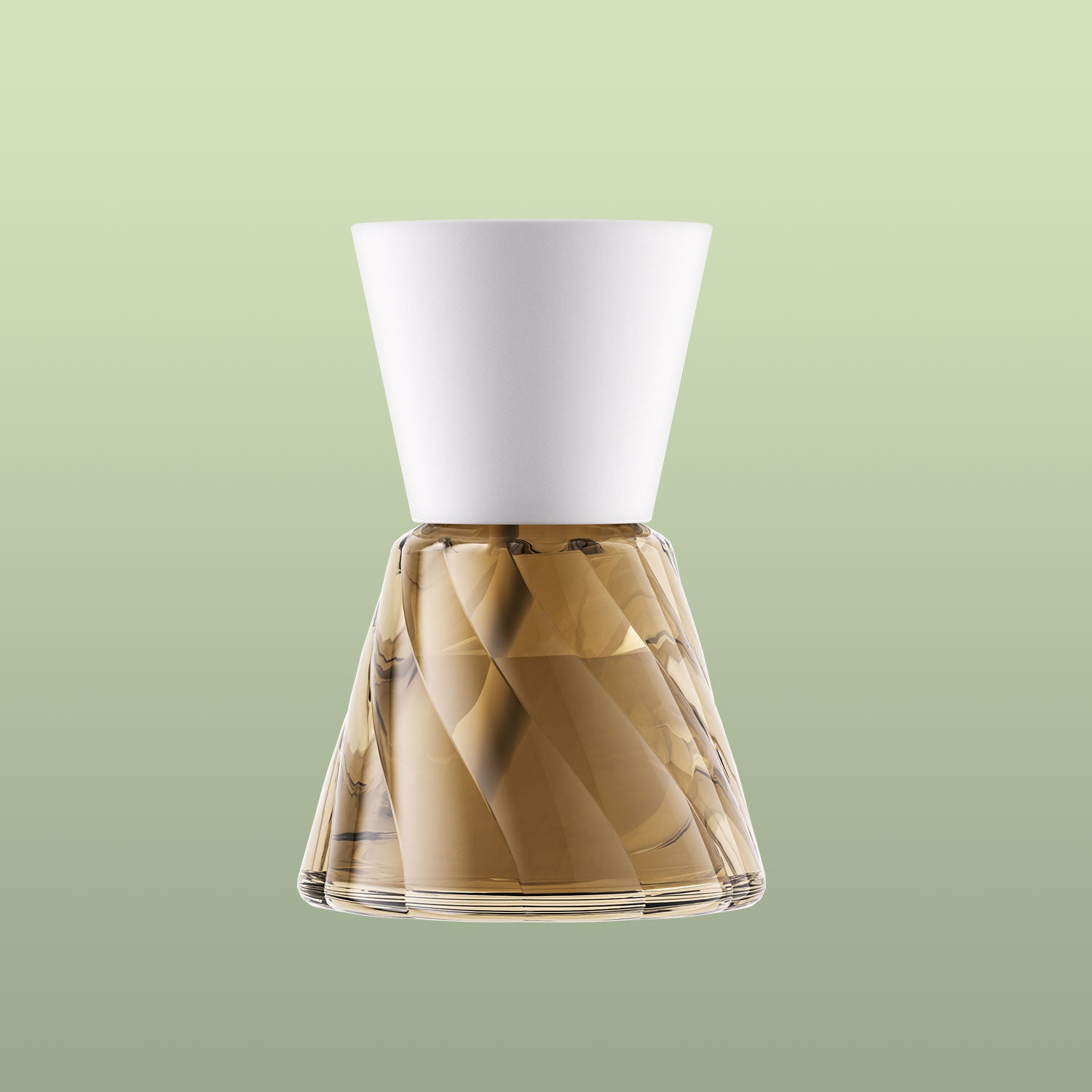



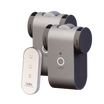

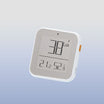
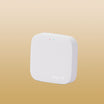
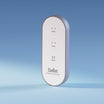






Leave a comment
All comments are moderated before being published.
This site is protected by reCAPTCHA and the Google Privacy Policy and Terms of Service apply.